Have you ever woken up to find your kitchen overrun with ants, or heard the unnerving sound of rodents scurrying in your walls? Dealing with home pests is a universal headache that can cause stress and frustration for even the most patient homeowner. Although there is a wide range of chemical solutions available in the market. Not everyone wants to expose themselves or their families to harmful toxins. If you’re looking for a safer and more natural way to rid your home of pesky invaders, this ultimate guide is for you. Read on to discover the best natural pest control methods that will have your home feeling like an oasis in no time.
Understanding the Importance of Natural Pest Control Methods
Natural pest control methods are not only better for the environment but also safer for your family and pets. Chemical pesticides can be harmful to human health. As well as kill beneficial insects that pollinate plants and help maintain a healthy ecosystem. By using natural remedies, you can effectively manage pests without risking any collateral damage.
Integrated Pest Management
Integrated Pest Management (IPM) is an important approach that involves multiple tactics to control or prevent pest infestations while minimizing chemical use. This holistic method involves inspecting your home, identifying the source of the problem, and creating a plan that includes non-chemical strategies such as exclusion, sanitation, and physical removal.
By understanding how pests behave and interact with their environment. You can take steps to discourage them from entering your home in the first place. Overall, natural pest control is essential for maintaining a healthy living space free of unwanted invaders while promoting environmental sustainability. In the following sections we’ll explore different natural methods you can use for effective pest management at home!
Essential Oils to Use for Effective Pest Control: A Comprehensive Guide
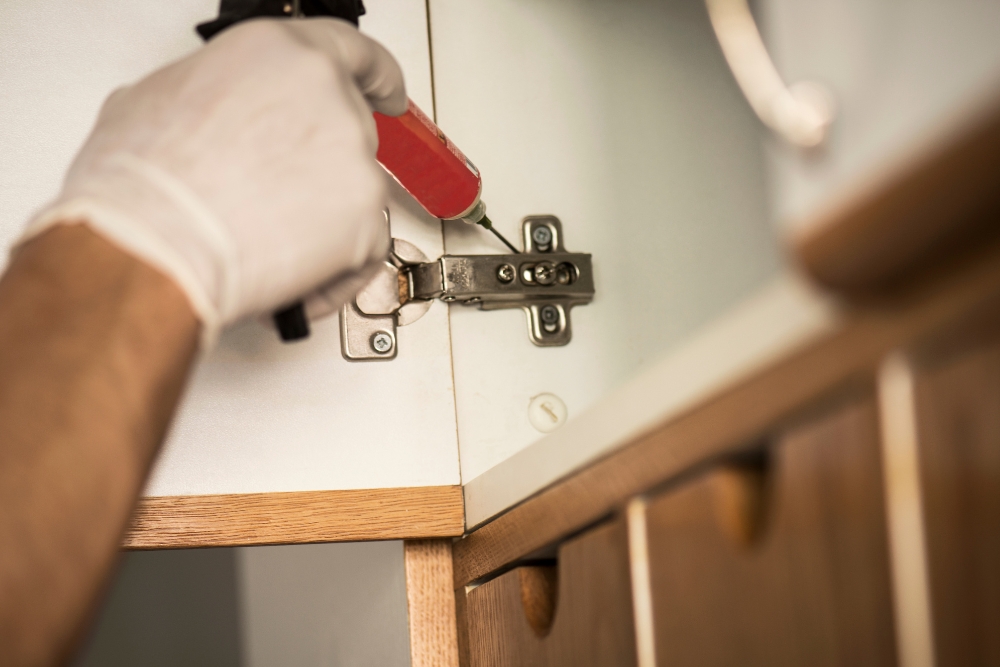
Using essential oils is a highly effective and natural way of pest control. Several essential oils possess strong insecticidal properties. Making them an excellent alternative to chemical pesticides that can be harmful to both humans and the environment. One of the most potent essential oils for pest control is peppermint oil. Which has been proven to repel ants, flies, mosquitoes, and spiders. Similarly, tea tree oil works wonders in keeping away pests like bed bugs, fleas, and ticks.
Other useful essential oils include lavender (for repelling moths), eucalyptus (for deterring cockroaches), citronella (for driving off mosquitoes), and lemongrass (useful against fleas). To use these oils effectively as repellents or sprays for your home; mix them with water or carrier oil such as almond or coconut oil first before application. Remember that while many essential oils are safe for human use when diluted correctly; pets can be sensitive to certain types of scents. Therefore, it’s important to always conduct proper research before using any home remedy on your pet!
The Power of Diatomaceous Earth: A Safe and Natural Pest Control Solution
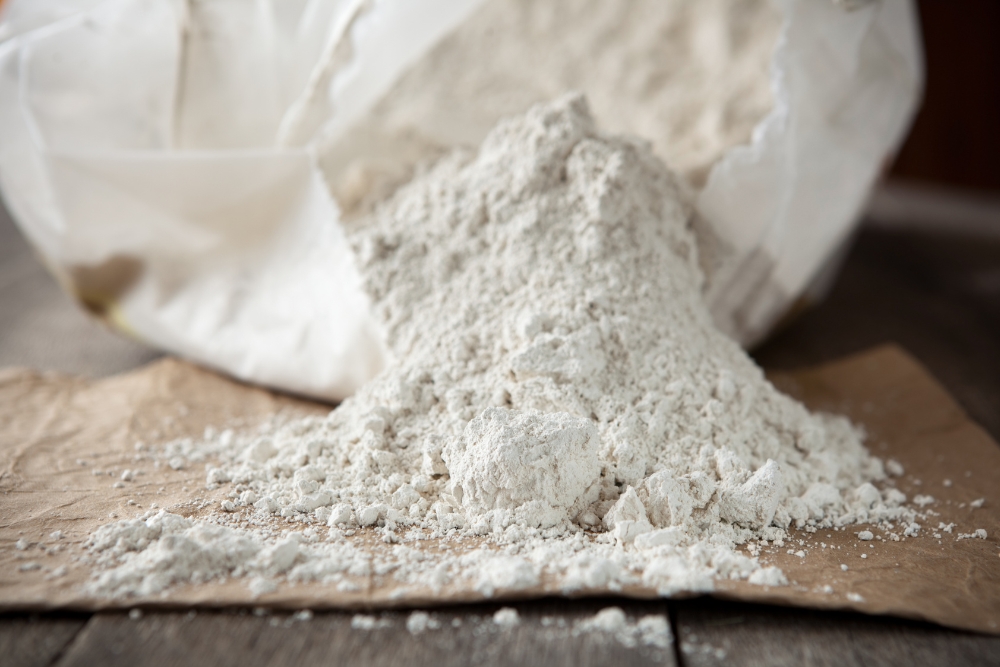
Diatomaceous earth is a fine powder that can help you get rid of pests at home naturally. Made from the fossilized remains of diatoms, it’s completely safe for humans and pets but deadly to insects. Simply sprinkle it in areas where pests are likely to appear. Such as around windows and doors or near food storage areas.
Within 48 hours of exposure, the pointed edges of the powder slice through the exoskeletons of insects, leading to their dehydration and eventual death. It’s effective against all kinds of household pests like ants, roaches and fleas. Plus, its effects last for months making it an affordable pest control option for your home!
Natural Indian Remedies for Mosquito Treatment at Home
Mosquitoes are a common nuisance in many homes, especially during the hot and humid months. Apart from their annoying bites, mosquitoes can also transmit diseases such as malaria, dengue fever, and chikungunya. While there are many chemical-based mosquito repellents and insecticides available in the market. They can be harmful to the environment and your health. Fortunately, there are several natural ways to control mosquitoes in your home, which we will discuss below, including some traditional Indian remedies.
- Neem Oil: Neem oil is a natural insecticide and mosquito repellent that is commonly used in India. Mix a few drops of neem oil with a carrier oil such as coconut or olive oil, and apply it to your skin or clothing to repel mosquitoes. You can also burn neem oil in a diffuser to repel mosquitoes indoors.
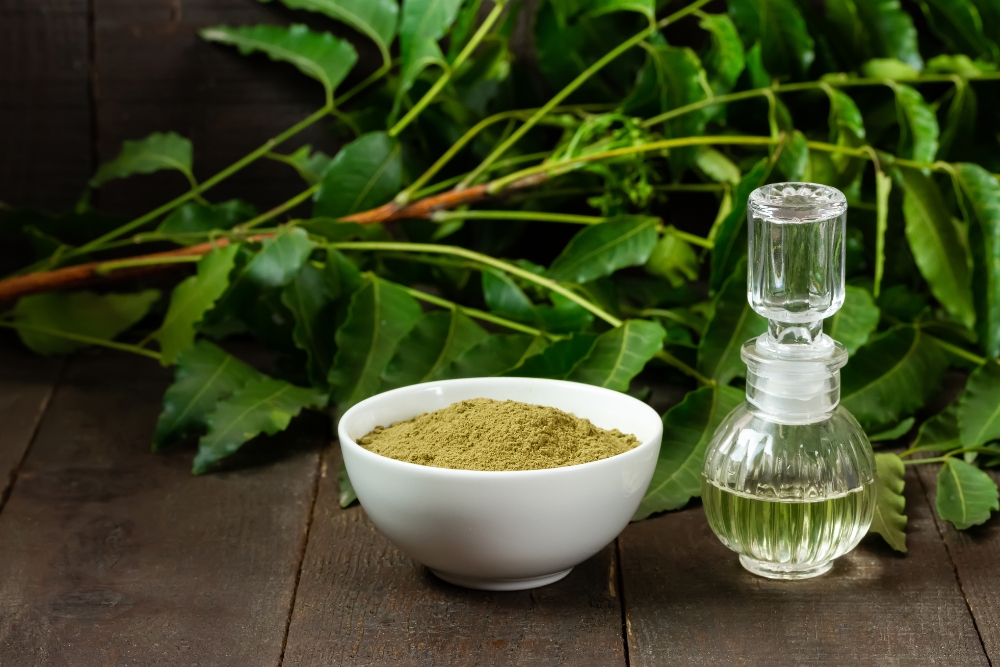
- Garlic: Garlic is another natural mosquito repellent that can be used in various ways. Crush a few cloves of garlic and boil them in water to make a mosquito repellent spray. You can also eat garlic or take garlic supplements to repel mosquitoes from the inside out.
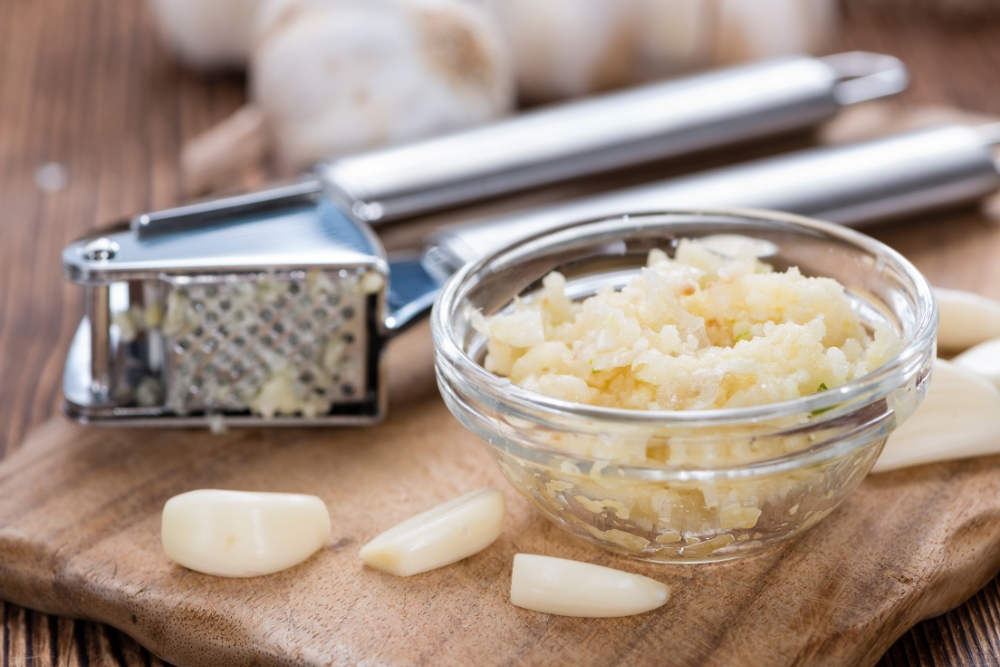
- Tulsi: Tulsi or Holy Basil is a sacred plant in India, and it is also a natural mosquito repellent. Plant Tulsi in your garden or keep it indoors to repel mosquitoes. You can also crush the leaves of the Tulsi plant and apply the juice to your skin to repel mosquitoes.
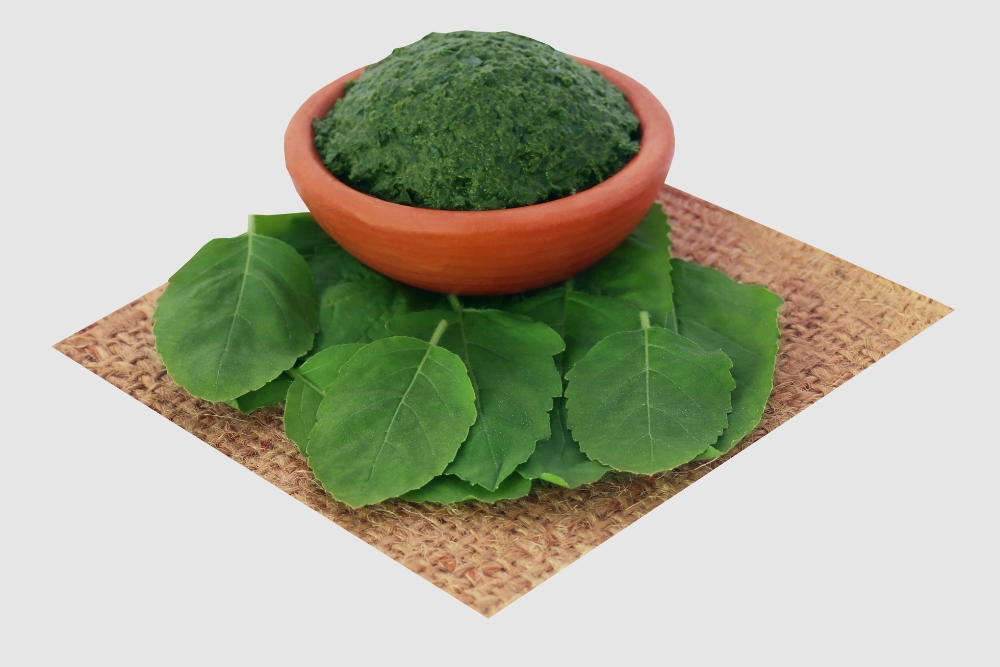
- Lemongrass: Lemongrass oil is a natural mosquito repellent that is commonly used in candles, soaps, and lotions. You can also use lemongrass essential oil in a diffuser or mix it with a carrier oil to apply it to your skin. Lemongrass plants are also a natural mosquito repellent, and you can plant them in your garden or keep them indoors.

DIY Traps and Baits that Work without Harming the Environment or Your Pet!
Homemade Traps: Simple and Effective Solutions for Common Household Pests
DIY traps and baits are simple to make at home, effective in catching pests, and don’t contain harsh chemicals that can harm your pet or the environment. For cockroaches, mix equal parts of baking soda and sugar and sprinkle it along their usual paths. The baking soda reacts with stomach acids when ingested by cockroaches causing them to die. To trap fruit flies, fill a jar halfway with apple cider vinegar, cover it tightly with plastic wrap, then poke several small holes in the top. Fruit flies will be attracted to the smell of vinegar but won’t be able to escape once they enter the jar through the holes.
Natural Baits: Lure Pests Away from Your Home with These Safe and Easy-to-Make Recipes
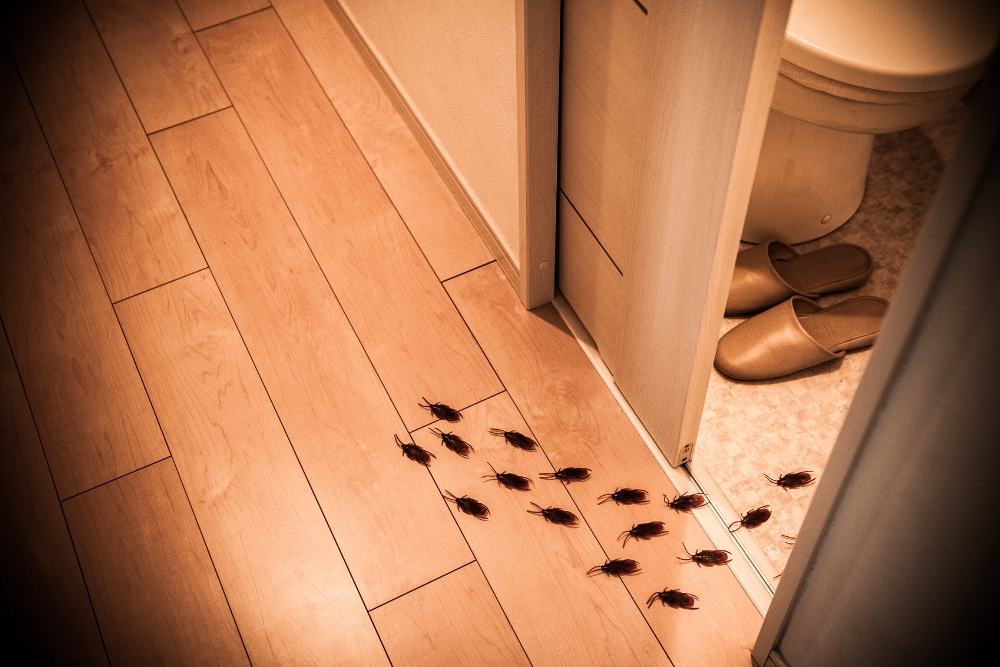
Looking for a safe and effective way to lure pests away from your home? Try making your own natural baits! Not only are these baits easy to make, but they are also safe for the environment and your pets.
One effective bait recipe is a mixture of sugar, borax, and water. This sweet concoction will attract ants, cockroaches, and other pests. Another option is a mixture of peanut butter and baking soda, which can attract rodents.
Remember to place these baits in areas where pests are likely to be found, such as near entry points or in dark corners. Check the baits regularly and replace them as needed. With these natural bait recipes, you can effectively control pests without harming the environment or your beloved pets.
Eco-Friendly Pest Control: How to Keep Your Home Pest-Free without Harming the Environment or Your Pets
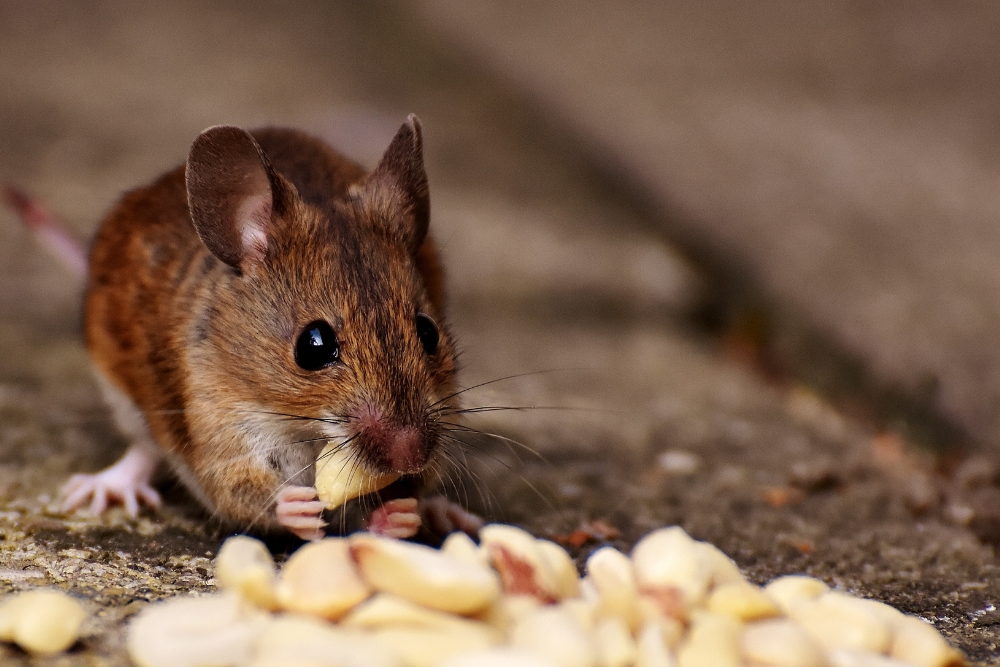
Looking for eco-friendly pest control solutions that won’t harm your furry friends or the environment? Look no further than these effective DIY traps and baits! An easy solution is to sprinkle a line of diatomaceous earth along areas where pests enter. As it safely causes their exoskeletons to dehydrate. For rodents, try using an ultrasonic repellent device. Which emits high-frequency sound waves that humans and pets can’t hear but are extremely annoying to mice and rats. Another option is creating a homemade fly trap by mixing apple cider vinegar with dish soap in a jar – flies are attracted to the scent but will get stuck in the soapy liquid. With these simple tips, you’ll be able to tackle any pest problem without harming your home’s ecosystem or beloved pets!
DIY Pest Control: Tips and Tricks for Keeping Pests at Bay Using Household Items
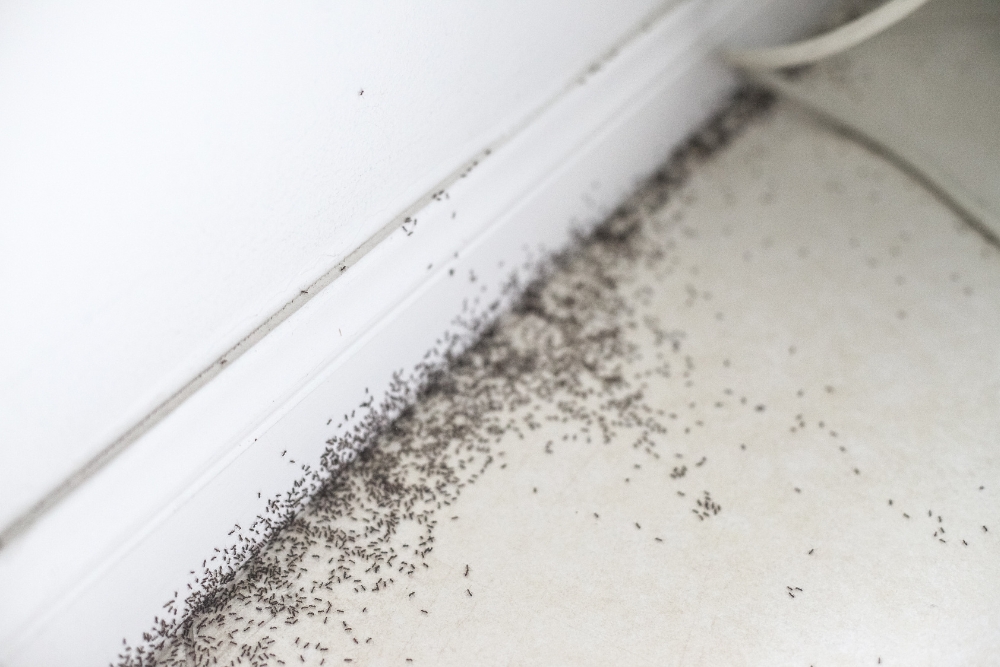
There are many household items that can be repurposed into effective pest control solutions. For example, baking soda can be used to deter ants and cockroaches, while vinegar is a great solution for getting rid of fruit flies. Placing cucumber peels near entry points can also keep ants at bay. Another option is to create a mixture of sugar and borax to attract and kill ants. For rodents, try using steel wool to block entry points or creating a trap with a bucket and ramp. These DIY solutions are not only effective but also safe for your pets and the environment. Also try Salt spray solution: Mixing salt with water and spraying it directly on plants can deter garden pests.
DIY Pest Control: Simple Recipes for Homemade Pest Repellents
If you’re looking for a natural and cost-effective way to get rid of pests at home, then DIY pest control is the way to go. You can easily make your own pest repellents using common household ingredients. One effective recipe is a mixture of peppermint oil and water. Simply mix 10-15 drops of peppermint oil with a cup of water in a spray bottle and shake well. Spray the mixture around areas where pests are likely to enter, such as windowsills, doorways, and baseboards.
Another recipe involves using vinegar and baking soda. Mix equal parts of vinegar and water in a spray bottle and add a tablespoon of baking soda. Shake well before use and spray on areas where pests are present. For an all-purpose pest repellent, mix citrus peels with water in a jar and let it sit for a few days. Strain the mixture into a spray bottle and use it to repel ants, roaches, and other pests. DIY pest control is not only effective but also safe for your family and pets. Plus, it’s easy on the wallet!
Detoxing Your Living Space to Discourage New Infestations
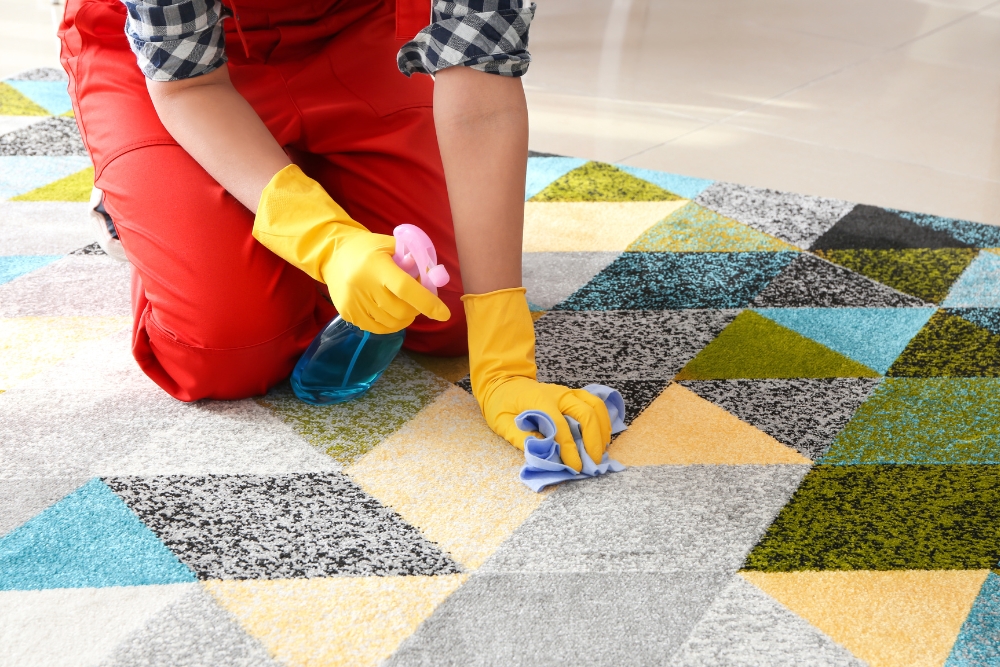
To discourage new infestations, it’s important to detox your living space. This means getting rid of any clutter, excess moisture, and food sources that pests may be attracted to. Deep cleaning your home is also crucial in removing any existing pest eggs or larvae that may be hiding in cracks and crevices. Use a vacuum with a HEPA filter to clean carpets, upholstery, and other surfaces thoroughly.
Sealing up any entry points such as gaps around windows and doors can also prevent pests from entering your home. Consider using weather stripping or caulking to seal these areas. Additionally, keeping your outdoor area clean and well-maintained can also discourage pests from making their way inside. Regularly trimming bushes and trees away from your home and removing any standing water can go a long way in preventing infestations.
How to Prevent Pests from Entering Your Home in the First Place!
Preventing pests from entering your home is a crucial step in natural pest control. Start by sealing any cracks or holes in walls, windows, and doors. Install screens on all windows and vents to keep insects from crawling through. Don’t leave food out for too long, clean up spills immediately, and store food in sealed jars or containers. Dispose of garbage regularly and properly, keeping the bins away from your home as much as possible.
If you have pets or plants outside, make sure their areas are kept clean, tidy, and free of water sources that could attract pests. Practice good landscaping habits like pruning bushes away from the house’s foundation.
Finally, educate yourself about the types of plants that are known for attracting specific pests so you can avoid planting them close to your property.
By taking preventative measures like these seriously and incorporating them into everyday living practices with diligence will ensure that you’re doing everything you can to prevent unwanted guest invasion!
When to Call in the Professionals: Signs You Need Expert Pest Control Help

Expert Pest Control Help is necessary when you have tried natural methods and DIY pest control recipes, but the infestation persists. Signs that you need professional help include seeing large numbers of pests. Hearing strange noises, or noticing damage to your home’s structure. Pest control professionals have the knowledge and tools to identify the type of pest and the extent of the infestation. They can also provide effective treatments that are safe for your family and pets. When choosing a pest control company, look for one that uses eco-friendly methods and has a good reputation in your community. It’s important to address pest problems as soon as possible to prevent further damage to your home and potential health risks to your family. So, Don’t let pests take over your home! Myla pest control service offers effective & affordable solutions to get rid your home of unwanted guests.
Top Tips for Maintaining an Eco-Friendly, Healthy, and Pest-Free Home
Eco-friendly and healthy living is not just about keeping pests away from your home. It’s also about maintaining a clean and safe environment for you and your family. Regular cleaning, proper waste disposal, and good hygiene practices are essential in preventing pest infestations. Make sure to keep your kitchen and dining areas clean, store food in airtight containers, and dispose of garbage properly. Don’t forget to seal cracks and crevices that pests can use as entry points into your home. Consider using natural cleaning products that are free from harsh chemicals to maintain a healthy living space. By following these tips, you can maintain an eco-friendly, healthy, and pest-free home for you and your loved ones.
In conclusion, there are many natural and effective ways to get rid of pests in your home without resorting to harmful chemicals. By understanding the risks of chemical pest control methods and the benefits of natural alternatives. You can make informed decisions about how to protect your home and family from unwanted pests. Whether you choose to use essential oils and herbs, DIY pest control methods, or seek professional help when needed. There are plenty of options available to keep your home pest-free. By taking proactive steps to prevent infestations and using natural pest control methods. You can enjoy a safe and healthy living environment for years to come.
